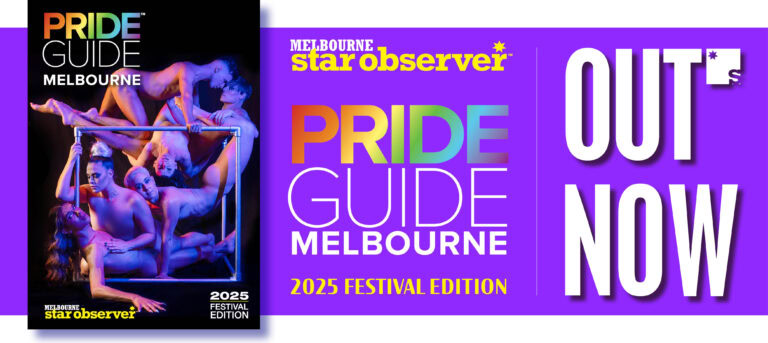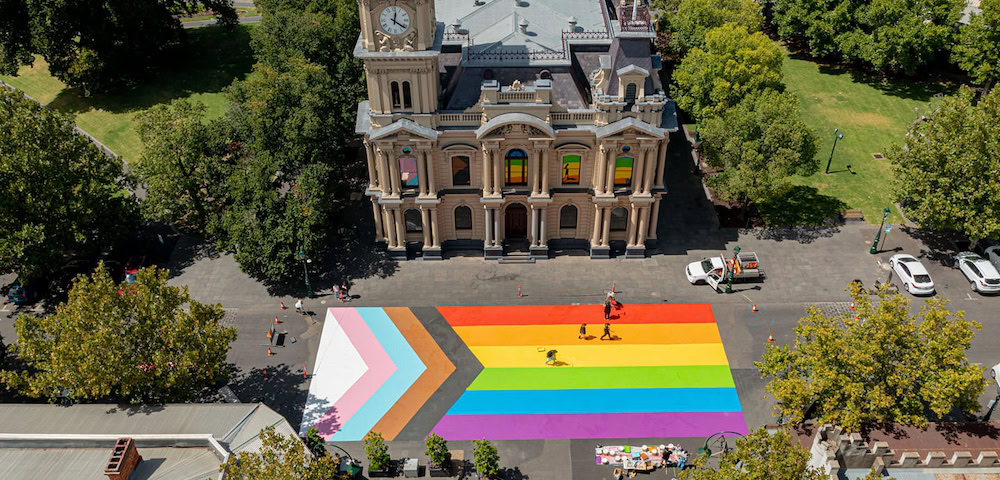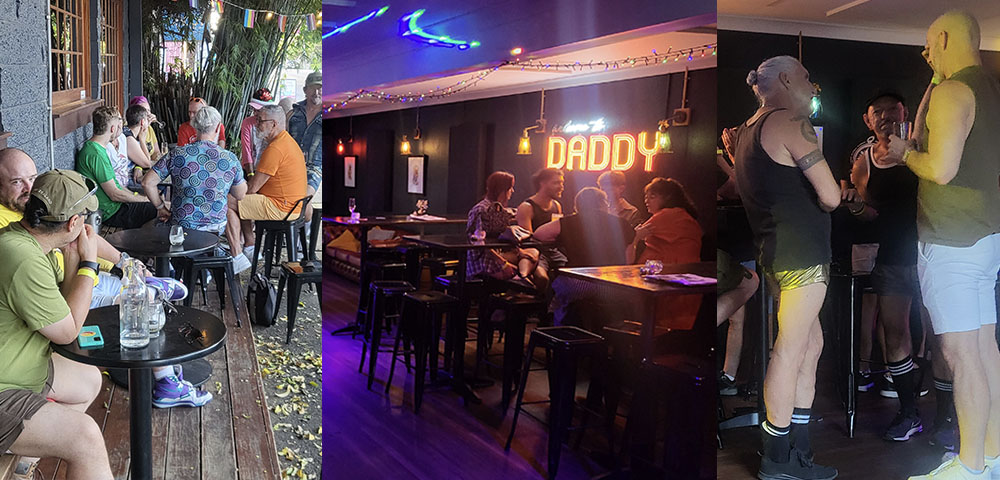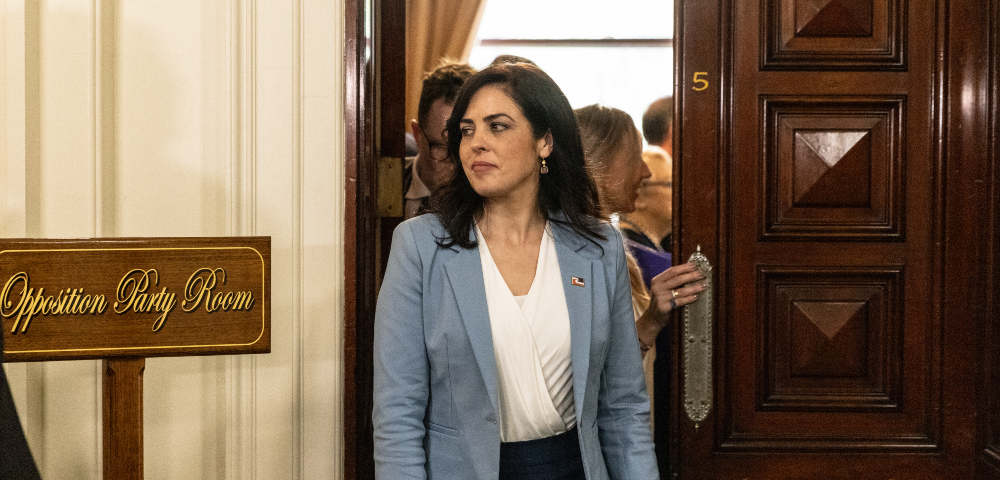
Older trans* people face rejection by aged care services, according to Australia-first study
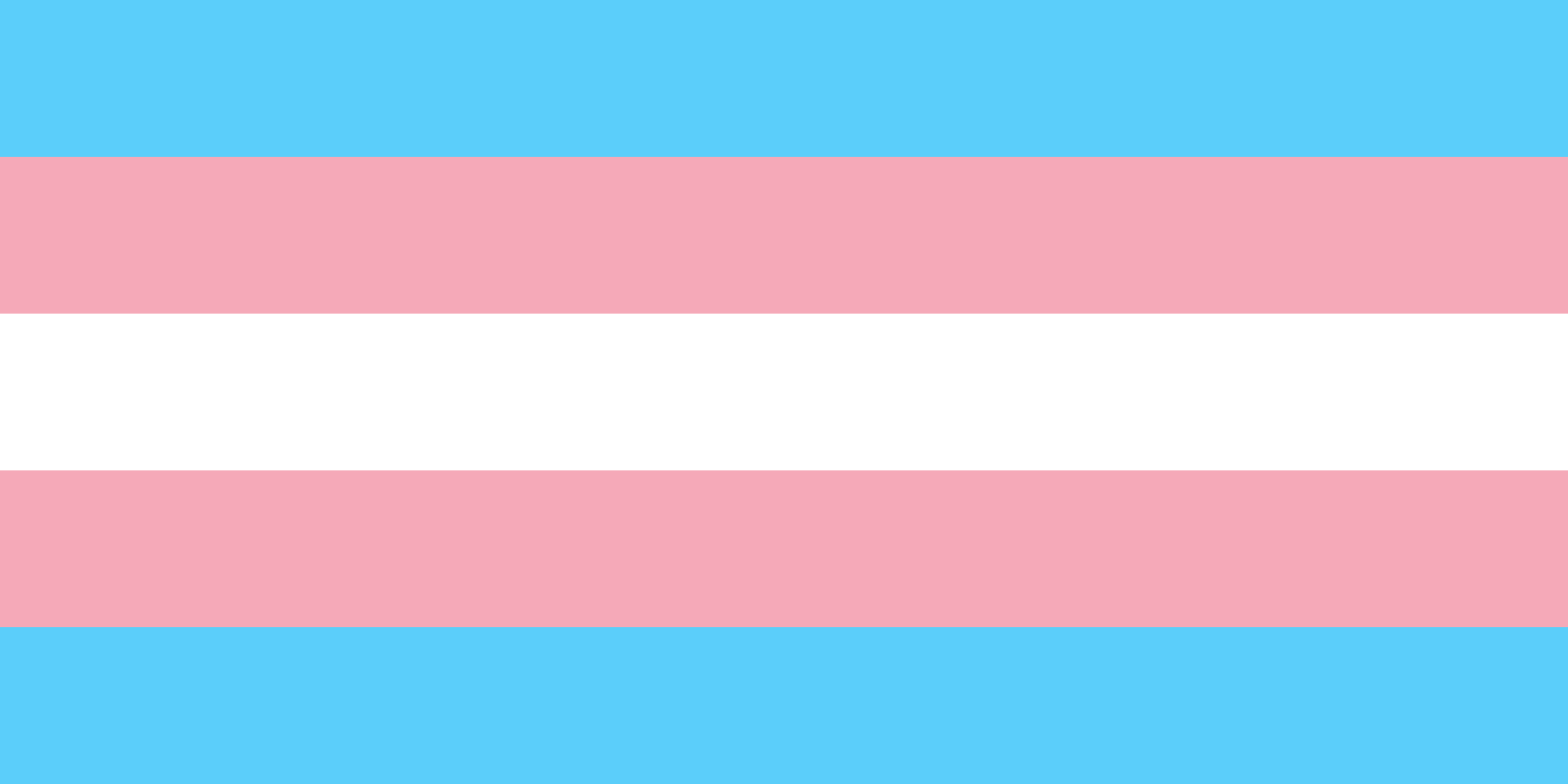
A FIRST-ever study of its kind in Australia has found that older trans* and gender diverse people face transphobia and rejection in aged care services.
The study, titled We’re People First: Trans Health and Ageing – An Evidence-based Guide to Inclusive Services, was conducted by Val’s Café as a way to understand trans* people’s experiences of ageing and their aged care needs.
It was launched at the National LGBTI Ageing and Aged Care Conference in Melbourne this week and will be released in November as a resource to assist service providers.
Project co-ordinator J.R. Latham said that for a long time, issues around older trans* people were not explored whatsoever.
“Transgender is something that’s just come out from underneath the radar, it’s something that people are recognising,” he told the Star Observer.
“The specificity of what trans* people’s needs are haven’t been considered before and people are recognising that there’s a big gap.
“What people have had to say through the research really does show what some of those gaps are.”
The study found that many trans* people were refused a broad range of services and often had to seek support provided by people who knew little about trans* health and ageing.
It also found that the gender of many trans* people wasn’t respected when accessing critical services, by placing them in gender segregated wards not appropriate to their gender.
Fifteen trans* people were interviewed for the study, as well as seven service providers.
One of the interviewees, Caren, said that after 60 years of hiding who she was, she had no intention of doing so again.
“If I could not find a place that would allow me to be a woman I would [commit] suicide without hesitation because I will never go back to that pretence, to that vigilance, to that exhaustion of trying to keep everybody happy pretending to be something I’m not,” she said.
Latham said while the research highlighted important issues faced by the trans* and gender diverse communities, some of the most damaging areas in need of change were also the most simple.
“The strongest one that didn’t shock me at all is that people said they wanted to be treated using the right name and the right gender,” he told the Star Observer.
“Every single person said that. They said they wanted to be respected as human beings and they were often put into positions where they didn’t feel like that was the situation.”
The co-chair of the Victorian Government’s LGBTI Taskforce, Brenda Appleton, said the research and resource were both fantastic for the community.
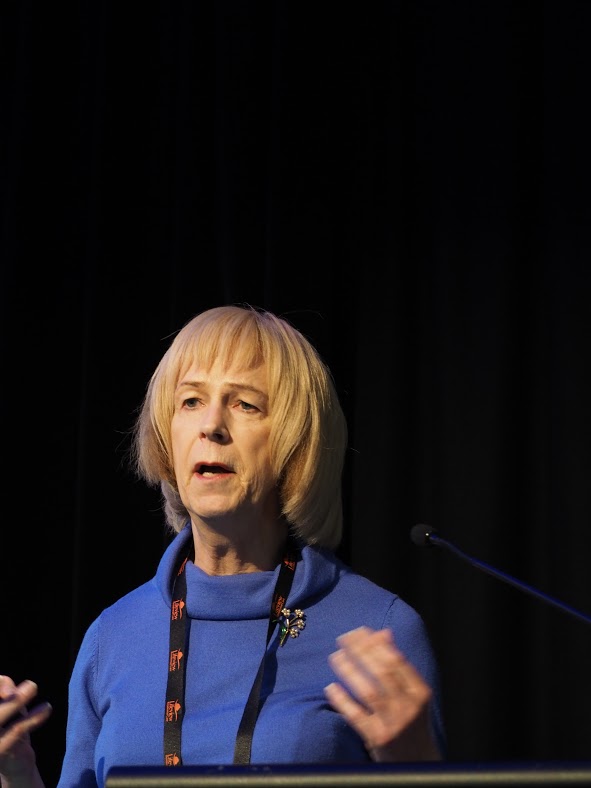
“It captures so many people’s comments and experiences about dealing with aged care in the medical profession,” she told the Star Observer.
“We’re still being denied, we’re still being ignored, and people aren’t informing themselves and getting themselves up to speed in a sufficient way to handle our community with dignity and respect.
“We’ve not had this sort of detailed research before and it really highlights some of the major issues for trans* and gender diverse people in dealing with the mainstream.”
We’re People First: Trans Health and Ageing – An Evidence-based Guide to Inclusive Services was conducted in partnership with Transgender Victoria, FTM Shed, and The Gender Centre in NSW.
Val’s Café is part of the Australian Research Centre in Sex, Health and Society at La Trobe University.
